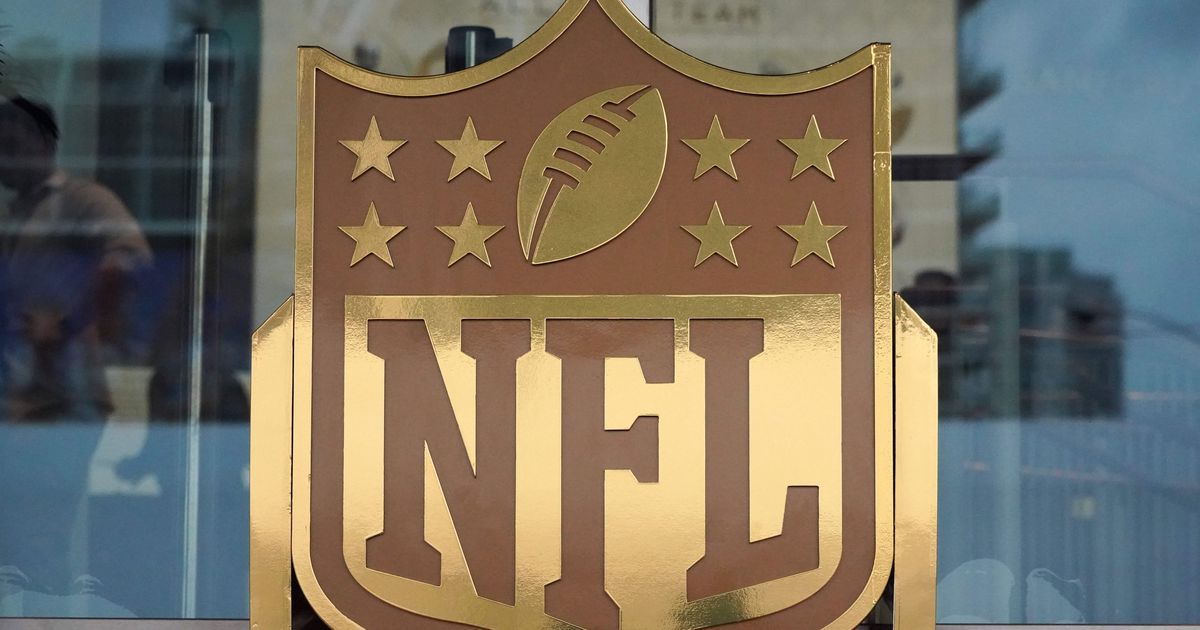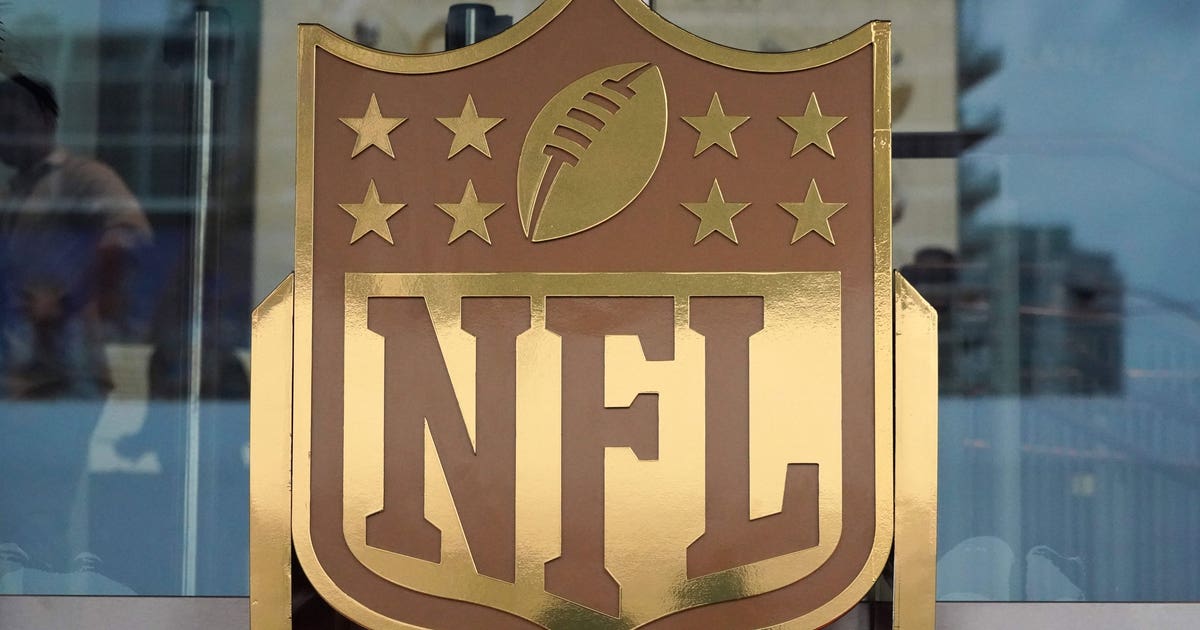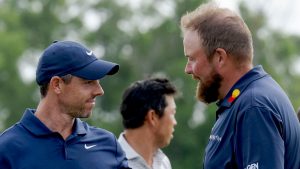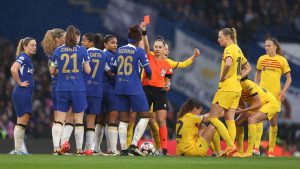NFL to consult advisory panel to avoid conflicts of interest


The NFL will consult an advisory committee made up of former coaches, general managers and players on such issues as postponing, moving or even canceling games this season due to the coronavirus pandemic.
Troy Vincent, the league’s football operations chief, said Wednesday that the advisers, who will report to commissioner Roger Goodell, will help avoid any “inequities” in those decisions. Vincent did not identify any members of the panel, saying he was awaiting their approval to do so.
“The inequities — we hope it doesn’t occur, but just based on what we have seen, we must have the flexibility,” Vincent said, noting that teams might not play the same number of games and how that would affect playoff seeding as examples of what the advisers might address.
Vincent also said the league will consider playoff games in a bubble environment, noting that “all options are on the table.” Saints coach Sean Payton recently brought up that possibility during a competition committee meeting.
“The concept itself where players could do it if they choose to do it, to form some kind of bubble, that secure environment, the concept was discussed,” Vincent added.
Dr. Allen Sills, the league’s chief medical officer, noted that setting firm schedules for anything during the pandemic is foolhardy.
“We’re going to have to be flexible and adaptable,” Sills said. “I think that’s something we’ll continue to track and monitor. If this taught us anything, projecting three/four weeks down the road is a hazardous business.”
The league sent game-day and travel protocols to the 32 teams this week. The extensive in-stadium specifics include rules for the field, sidelines, locker rooms, tunnels, entrances and training rooms.
Allowed in the bench area will be active players, coaches, club-designated personnel with game-day working functions (maximum of 65), game officials (maximum of seven), chain crew (maximum five), one coach-to-coach technician, the unaffiliated neurotrauma consultants, an airway management physician and the visiting team medical liaison.
As Sills noted, the sidelines will not look like anything in the past, with people spread out for social distancing, PPE required, and non-essential personnel barred.
“We know testing alone does not make it safe,” he said. “We must follow protocols and wear PPE. … There is a delicate balance to have there.”
Also required on game day will be pregame medical screening, only individually pre-packaged food for players, club and game-day personnel and game officials, frequent cleaning and sanitizing procedures, coordinated and staggered arrival and departures for teams, and physical distancing measures.
Players not dressed for the game are advised to remain in the locker room or “some other designated stadium location separated from other non-team personnel during pregame and throughout the game.”






